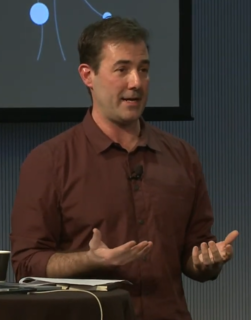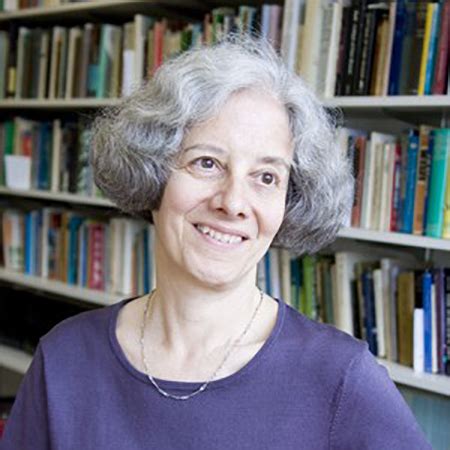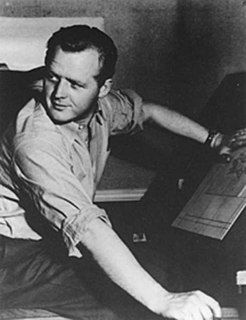A Quote by Bill Joy
Although humankind inherently "desires to know", if open access to, and unlimited development of, knowledge henceforth puts us all in clear danger of extinction, then common sense demands that we re-examine our reverence for knowledge.
Related Quotes
We have heard of a Society for the Diffusion of Useful Knowledge. It is said that knowledge is power, and the like. Methinks there is equal need of a Society for the Diffusion of Useful Ignorance, what we will call Beautiful Knowledge, a knowledge useful in a higher sense: for what is most of our boasted so-called knowledge but a conceit that we know something, which robs us of the advantage of our actual ignorance? What we call knowledge is often our positive ignorance; ignorance our negative knowledge.
In one sense, the Internet is like the discovery of the printing press, only it's very different. The printing press gave us access to recorded knowledge. The Internet gives us access, not just to knowledge, but to the intelligence contained in people's crania, access to the intelligence of people on a global basis.
None of us, remember, knew that 9/11 was gonna happen. We didn't live in a state of anxiety and fear about Osama Bin Laden. The CIA might have, and they failed to prevent it. But the general public didn't have any knowledge. Now we have knowledge of it, and it's a very clear and present danger in our lives.
Science enhances the moral value of life, because it furthers a love of truth and reverence-love of truth displaying itself in the constant endeavor to arrive at a more exact knowledge of the world of mind and matter around us, and reverence, because every advance in knowledge brings us face to face with the mystery of our own being.
In order to the attaining of all useful knowledge this is most necessary, that we fear God; we are not qualified to profit by the instructions that are given us unless our minds be possessed with a holy reverence of God, and every thought within us be brought into obedience to Him.... As all our knowledge must take rise from the fear of God, so it must tend to it as its perfection and centre. Those know enough who know how to fear God, who are careful in every thing to please Him and fearful of offending Him in any thing; this is the Alpha and Omega of knowledge.
Now I wonder what our knowledge has in common with God's knowledge according to those who treat God's knowledge... Is there anything else common to both besides the mere name? ...there is an essential distinction between His knowledge and ours, like the distinction between the substance of the heavens and that of the earth.
Despite popular theories, I believe people fall in love based not on good looks or fate but on knowledge. Either they are amazed by something a beloved knows that they themselves do not know; or they discover a common rare knowledge; or they can supply knowledge to someone who's lacking. Hasn't everyone found a strange ignorance in someone beguiling? . . .Nowadays, trendy librarians, wanting to be important, say, Knowledge is power. I know better. Knowledge is love.
These algorithms, which I'll call public relevance algorithms, are-by the very same mathematical procedures-producing and certifying knowledge. The algorithmic assessment of information, then, represents a particular knowledge logic, one built on specific presumptions about what knowledge is and how one should identify its most relevant components. That we are now turning to algorithms to identify what we need to know is as momentous as having relied on credentialed experts, the scientific method, common sense, or the word of God.
The reason we can't attain the highest level of knowledge while incarnate is that we can't then wholly escape the influence of the body (and so of perception and of certain desires that take us away from thinking properly); and that prevents us from understanding fully what forms are, which one must do in order to have the highest level of knowledge.
If the Chinese will not learn the true principles of government, all else will be useless. Knowledge is power, and although a country may be weak, still, if it possess but a modicum of knowledge, the enemy will not be able to completely overthrow it; although that country may be in danger, the race will not be extirpated.



































